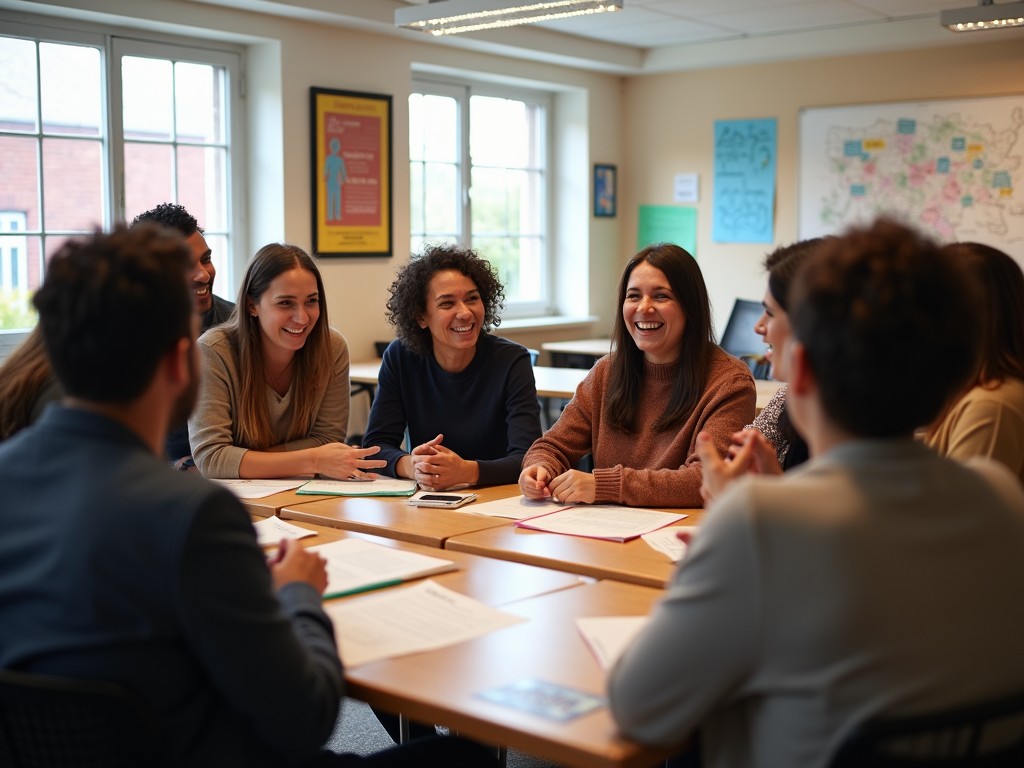Advocacy Volunteer Roles and Responsibilities: Driving Change
By , January 1, 2025
Embracing the Power of Advocacy Through Volunteering
Advocacy volunteer roles and responsibilities empower individuals to drive positive change within their communities. This guide explores how these roles can transform lives and society as a whole.
Understanding Advocacy in Volunteering
Advocacy is the act of supporting a cause or proposal. Volunteering in advocacy means dedicating your effort and voice towards meaningful causes you passionately care about. Whether you’re fighting for environmental sustainability, human rights, or educational reforms, understanding these roles' responsibilities is pivotal in making a significant impact.

The Role of Advocacy Volunteers
- Awareness Raising: Volunteers are often tasked with educating the public on specific issues. This could involve organizing or participating in campaigns, creating content, or public speaking.
- Support and Representation: Acting as intermediaries, volunteers may represent the interests of those affected by societal issues.
- Research: Gathering and analyzing data to support advocacy efforts is another critical responsibility.
- Networking: Building relationships with organizations, sponsors, and the community to strengthen advocacy efforts.
Personal Insights: Why Advocacy Matters
From my experience volunteering for environmental causes, advocacy acts as a catalyst for change. It's not just about voicing concerns; it involves mobilizing people and resources to foster tangible social progress. This collective strength in numbers often turns whispers into roars that policymakers can't ignore.

Key Responsibilities of Advocacy Volunteers
- Developing Strategy: Crafting a clear plan with achievable goals.
- Engaging Stakeholders: Involves communicating with those affected by the issues, policymakers, and the general public.
- Monitoring Progress: Keeping track of the advocacy efforts and modifying strategies when needed.
- Resource Management: Ensuring effective utilization of funds, time, and manpower.
These roles necessitate commitment, communication skills, and a strategic mindset.
Table: Essential Skills for Advocacy Volunteers
| Skill | Description |
|---|---|
| Communication | Clearly convey ideas and rally support |
| Teamwork | Collaborate effectively with diverse groups |
| Problem-Solving | Address challenges and adapt strategies accordingly |
| Leadership | Inspire and guide others towards shared goals |
| Empathy | Understand and relate to people’s needs |
Developing these skills can enhance the effectiveness of your advocacy efforts and create lasting change.

Overcoming Challenges in Advocacy Volunteering
Advocacy volunteering is rewarding but not without its challenges. Volunteers often encounter opposition, limited resources, and the slow pace of change. Overcoming these obstacles requires resilience and continuous learning.
Real-Life Example: At a recent rally for public education funding, I witnessed the frustration of volunteers facing bureaucratic barriers. However, their perseverance in the face of seemingly insurmountable hurdles was inspiring. Their strategy adaptation was key — instead of giving up, they leveraged media channels to amplify their voice, ultimately achieving broader community support.

Final Thoughts: The Impact of Advocacy Volunteering
Advocacy volunteer roles are integral to societal progress. By educating others, influencing policy, and representing community interests, these volunteers help drive the change we need in society.
Embrace diverse viewpoints; your voice and actions as an advocacy volunteer can inspire transformative change. Start small, but dream big — every action counts.